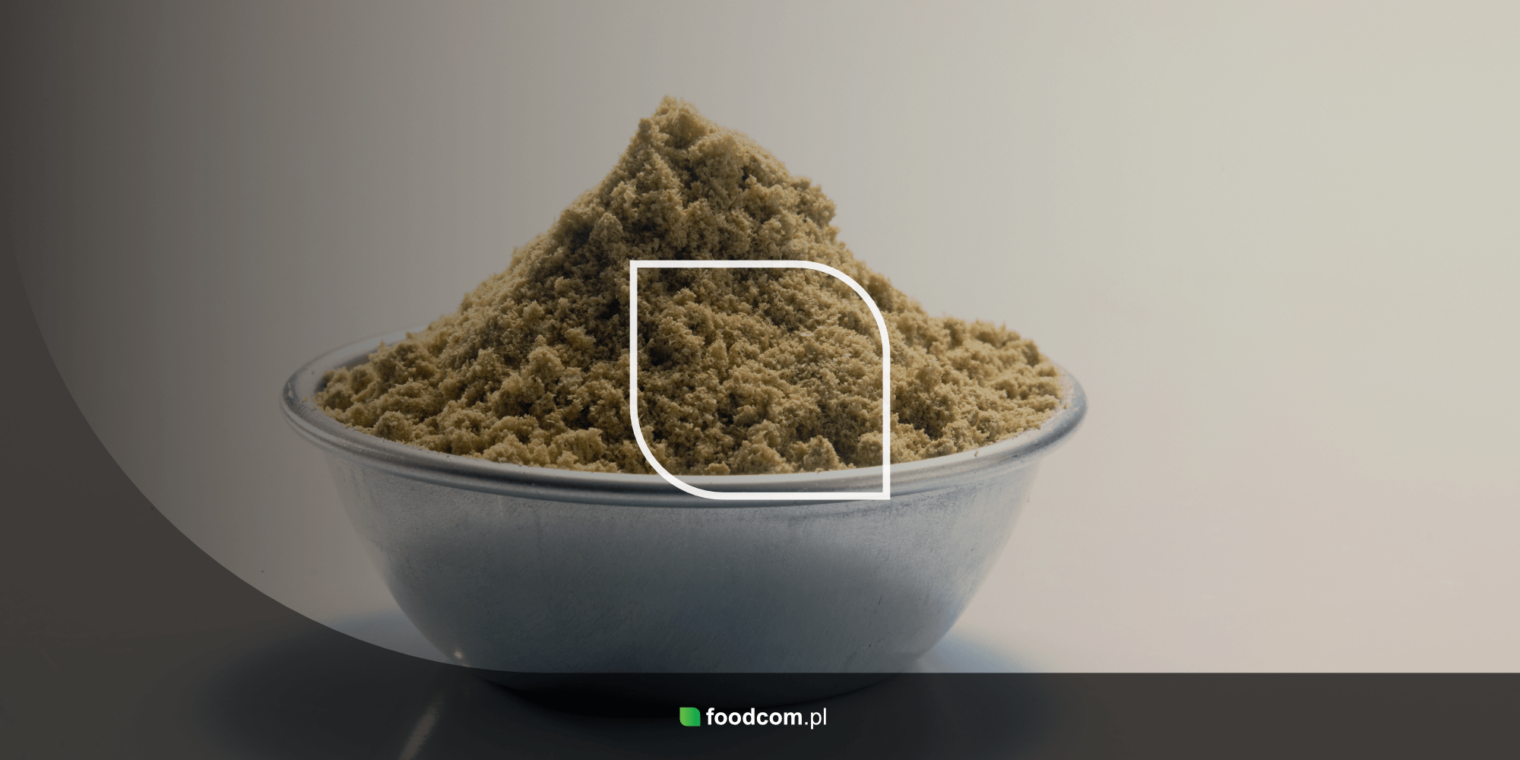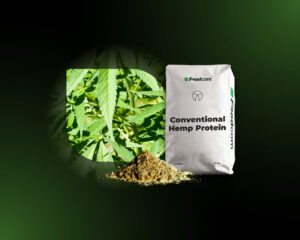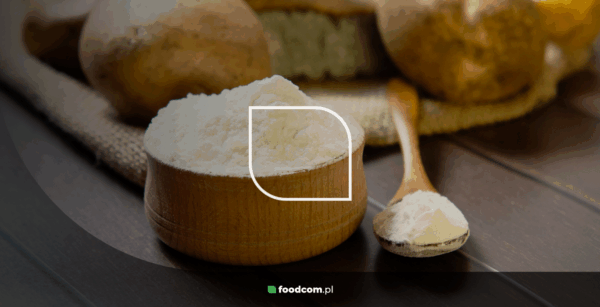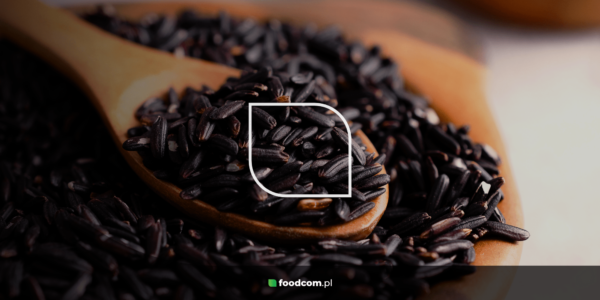- Conventional Hemp Protein is a complete protein that contains all nine essential amino acids.
- It is also an extremely rich source of minerals such as phosphorus, magnesium and calcium.
- Hemp Protein is widely used as a nutrient in products for athletes, as well as in the cosmetic industry.
Just one look at the list of components that hemp protein contains gives an idea of how versatile this product is! In this article, we took a closer look at Conventional Hemp Protein and why it’s good to consider using it in your business. What are the unique properties of hemp protein? Continue reading our article to find out about the details.
With us, you’ll never miss a thing!
What is Conventional Hemp Protein, and how is it different from other proteins?
Conventional Hemp protein is a product obtained from the seeds of the Cannabis Sativa Plant, Finola variety. Hemp has lower concentrations of THC and may have higher concentrations of cannabidiol (CBD), which decreases or eliminates its psychoactive effects. Hemp protein is a fine, gray-light green powder, with a characteristic smell and a nutty taste. Product offered by Foodcom is not genetically modified and does not contain any genetically modified material. Conventional Hemp Protein will be an ideal choice for physically active people and for fans of interesting flavors.
The growing popularity of Conventional Hemp Protein has raised the question of why it is so readily used in the industry compared to some other proteins. The reason may be simple—hemp is a complete protein that contains all nine essential amino acids that humans must consume in their diet. The amino acids contained in Hemp Protein Powder are crucial for good performance of body functions such as repair and maintenance. This makes them an ideal substitute for animal products, since the body is not able to produce these acids itself.
The product contains fatty acids, especially omega 3, 6 and 9, and it’s characterized by a higher content of arginine – almost 12% compared to an average of 7% in other proteins from wheat, rice, or soy. Due to soluble and insoluble fiber, it has a higher digestibility than soy – between 90 and 98%. Hemp protein also continuously increases energy levels over a long period of time. In addition, hemp seeds are an extremely rich source of minerals such as phosphorus, magnesium, and calcium.
Production of Conventional Hemp Protein
The pre-cleaned, dried and pasteurized hemp seeds are cold-pressed, so the effluent temperature is a maximum of 40°C. After extracting the oil, the cold-pressed cake is mechanically ground and sieved to achieve the finest protein particles. In the production of Hemp Protein, there is no heat or chemical treatment.
What are the health benefits of Conventional Hemp Protein?
Hemp proteins protect the heart and help maintain lean body mass, and support good brain function. Several studies even show that the consumption of Hemp Protein lowers the risk of cardiovascular diseases such as high blood pressure and high cholesterol.
Hemp protein is widely used in sports nutrition, such as protein-enriched bars, granola mixes, cereals, nuts, shake premixes, smoothies, and a variety of beverages. It is also used in products that promote cardiovascular health. Other foods that contain hemp protein include butter, pasta, baked goods, confectionery, and ice cream. It has the advantage of being easily digestible and has a so-called earthy taste that many people like.
It has a number of technical properties such as foaming, emulsifying, gelling, oil-binding and film-forming. In a bakery, hemp flour can not only increase the nutritional value of the product, but also shorten the proofing and baking time of the dough while increasing the volume. Hemp protein is rich in fiber, contains many good fats and is vegan. It is also hypoallergenic and therefore compatible with a diet free of lactose, gluten, and soy.
Hemp is also added to many cosmetic products, especially vegan ones. It has a beneficial effect on the condition of both the skin and hair. An important aspect in industrial production is the resistance of hemp protein to thermal denaturation.
Hemp Protein market outlook
The growing popularity of veganism has contributed to sales growth in the Hemp Protein market. Demand for healthy foods has increased, especially after the outbreak of COVID-19. Although the pandemic has slowed the industry’s expansion somewhat, overall consumption of hemp protein has increased. People are taking more protein supplements to boost their immune systems. There are numerous applications of hemp protein in food, cosmetics, supplements, medicines, and beverages, which is driving the growth of the global hemp protein market. Current global market is valued at USD 576.5 million in 2020 and is expected to reach USD 1,494.8 million by 2027.
Why choose Foodcom as a European Plant-based products Provider?
Our great team of Sales Support will help our Traders conduct the contract and business deals in a smooth and efficient way to ensure the best quality service to all our Business Partners. The logistics team will take care of transportation and the financial department will be responsible for all matters connected with the financial part of the deal.
Foodcom supplies its Business Partners with Conventional Hemp Protein in 15 kg bags. Conventional Hemp Protein can be stored between 12 and 24 months in a dry warehouse without access to light.









